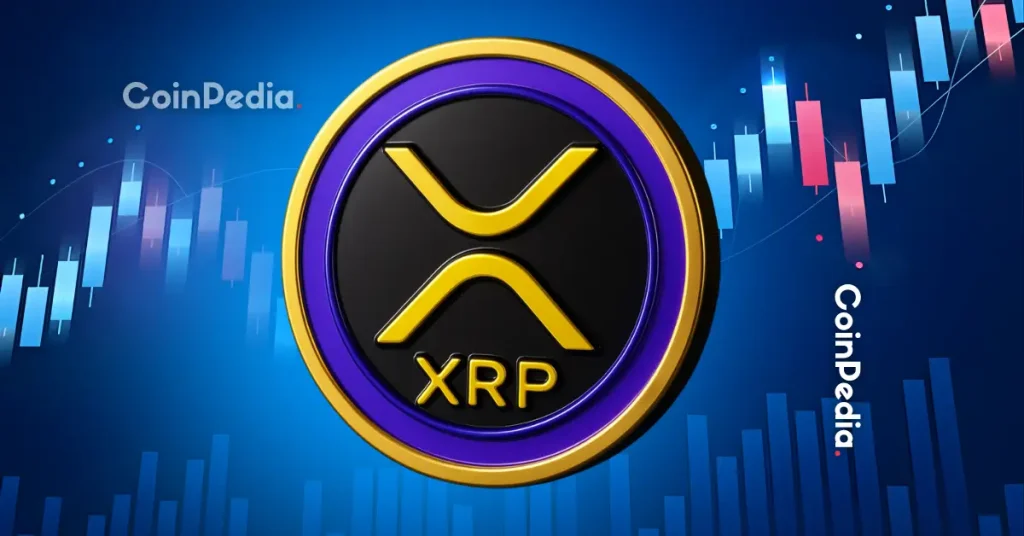As October 2025 unfolds, the global economic landscape continues its relentless transformation, fueled by rapid advancements in artificial intelligence and automation. This era, colloquially dubbed the ‘Jobpocalypse’ by some, presents unprecedented challenges to traditional employment models and skill verification. In this climate of disruption, a groundbreaking solution from the blockchain world is gaining critical traction: on-chain credentials. These verifiable, immutable digital identities are emerging not just as a technological novelty, but as an essential infrastructure for individuals and institutions to navigate an increasingly volatile and skill-driven job market, promising a new paradigm for professional trust and personal data ownership.
The Inadequacies of Traditional Credential Systems
For decades, professional credentials, academic degrees, and certifications have relied on centralized authorities – universities, employers, and government agencies – to issue and verify. While seemingly robust, this system is riddled with inefficiencies and vulnerabilities. Verification processes are often cumbersome, slow, and expensive, especially across international borders. Furthermore, these systems are susceptible to fraud, data breaches, and a fundamental lack of user control over personal information. In an age where digital identity is paramount, the static, siloed nature of traditional credentials simply cannot keep pace with the dynamic demands of modern careers.
- Centralized Vulnerability: Single points of failure for data security and privacy.
- Verification Bottlenecks: Slow and costly processes, particularly for international hiring.
- Lack of User Ownership: Individuals have limited control over their own professional data.
- Susceptibility to Fraud: Falsified documents remain a persistent issue.
On-Chain Credentials: The Blockchain Advantage
On-chain credentials leverage the power of blockchain technology to create a new, more secure, and user-centric model for digital identity and proof of skill. At their core, these are cryptographically verifiable records of achievements, qualifications, and experiences, stored on a decentralized ledger. This approach often incorporates principles of Self-Sovereign Identity (SSI), giving individuals complete control over who accesses their verified data and for what purpose. Technologies like Verifiable Credentials (VCs) and Zero-Knowledge Proofs (ZKPs) are integral, allowing users to prove they possess a certain credential without revealing unnecessary underlying personal data.
Imagine a future where your academic degree, professional licenses, work history, and even micro-credentials from online courses are all securely stored and verifiable on a blockchain. You, and only you, decide to present these proofs to a prospective employer, a licensing body, or a new client, with instant and undeniable verification.
The ‘Jobpocalypse’ Catalyst: Responding to Market Dynamics
The urgency for on-chain credentials is directly amplified by the ongoing ‘Jobpocalypse.’ As AI and automation continue to reshape industries, the shelf-life of skills is shrinking, and continuous learning and re-skilling are becoming imperatives. The traditional resume and static degree are no longer sufficient to capture a professional’s evolving capabilities. On-chain credentials offer a nimble, verifiable way to:
- Track Dynamic Skill Sets: Instantly update and prove new skills acquired through continuous learning.
- Enhance Trust in a Gig Economy: Build robust, verifiable professional reputations for freelancers and contractors.
- Combat Disinformation: Provide immutable proof of qualifications amidst a landscape of deepfakes and AI-generated content.
- Facilitate Global Mobility: Standardize and simplify cross-border credential verification.
In a world where human creativity, adaptability, and unique problem-solving skills are at a premium, on-chain credentials enable individuals to clearly and verifiably articulate their value in a way traditional systems cannot.
Challenges and the Road Ahead
Despite their immense potential, on-chain credentials face significant hurdles. Widespread adoption requires overcoming technical complexities, ensuring user-friendly interfaces, and achieving broad interoperability between different blockchain networks and credential issuers. Regulatory clarity and legal frameworks for digital identities are also still evolving, which can slow institutional acceptance. Furthermore, privacy concerns, especially regarding what data is stored on-chain versus off-chain, must be meticulously addressed to foster trust.
However, the rapid pace of development in Web3 identity solutions, coupled with increasing governmental and corporate interest, suggests a bright future. Pilot programs are expanding globally, demonstrating the practical utility and efficiency gains offered by these systems.
Conclusion
The ‘Jobpocalypse’ is not just a threat; it’s an accelerator for innovation. On-chain credentials represent a fundamental shift in how we perceive, verify, and own our professional identities. By empowering individuals with self-sovereign control over their data and providing immutable proof of their skills and achievements, blockchain technology is poised to build a more equitable, efficient, and resilient future for work. As we move deeper into 2025, the proliferation of on-chain credentials will undoubtedly play a pivotal role in shaping careers and fostering trust in a digitally transformed world.
The post Navigating the ‘Jobpocalypse’: How On-Chain Credentials Are Redefining Professional Proof in 2025 appeared first on FXcrypto News.
















 24h Most Popular
24h Most Popular



 Utilities
Utilities